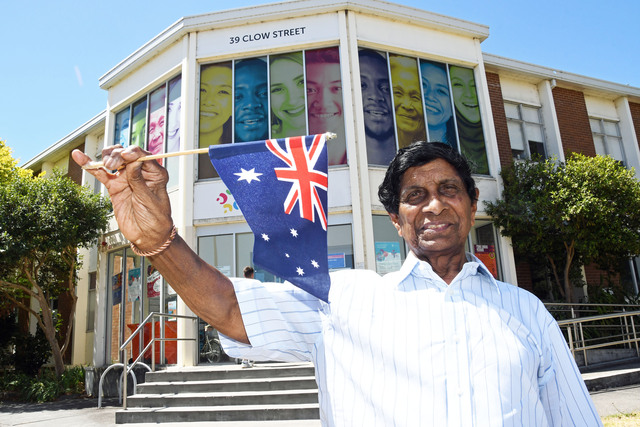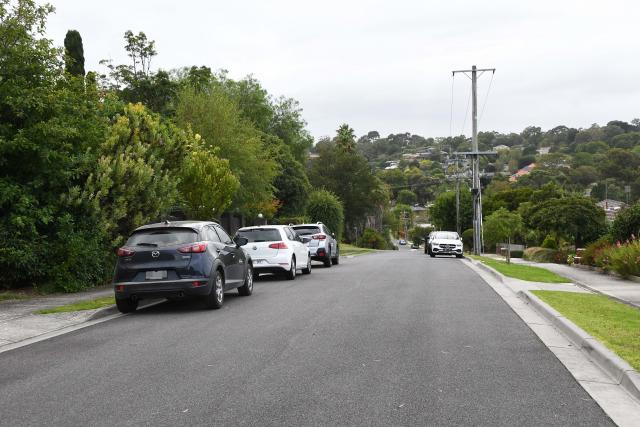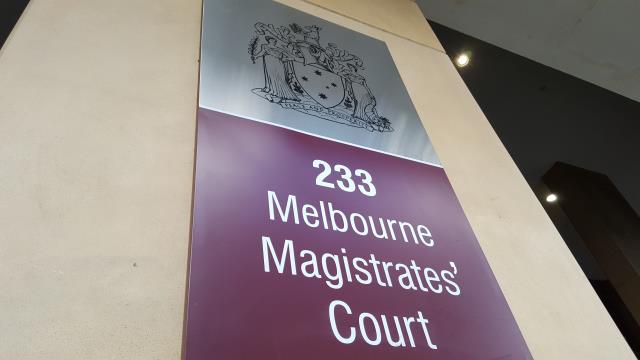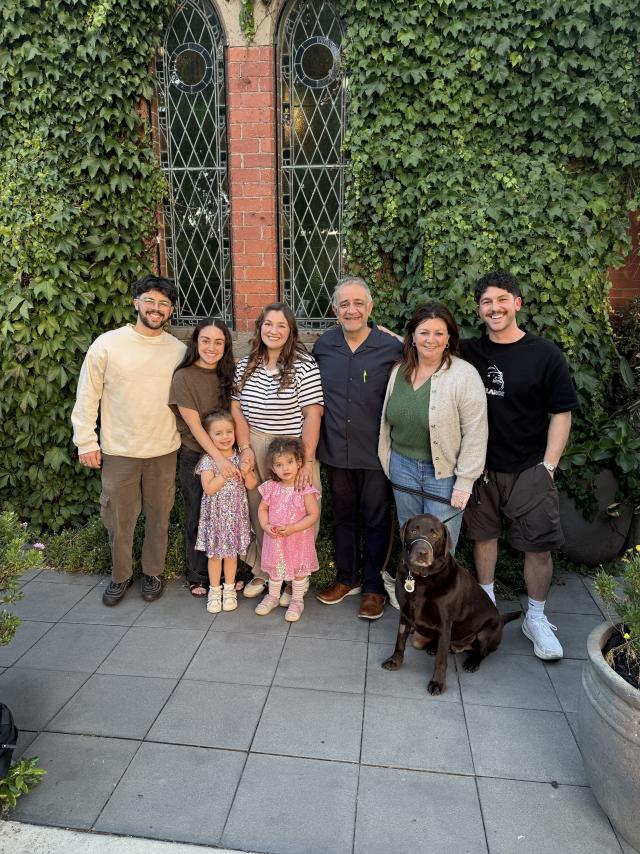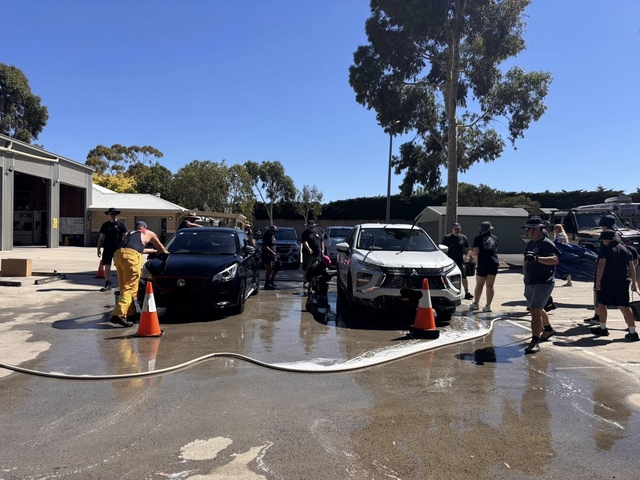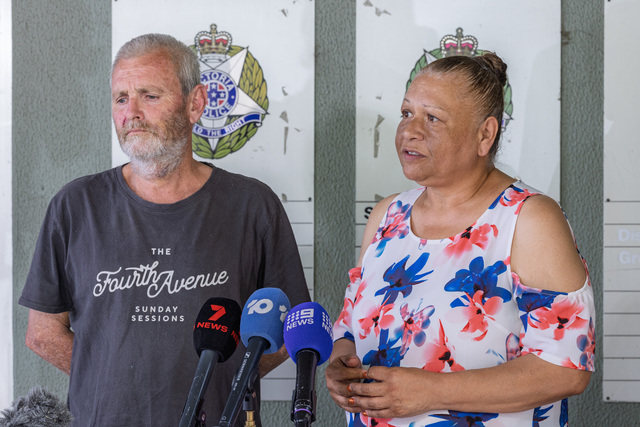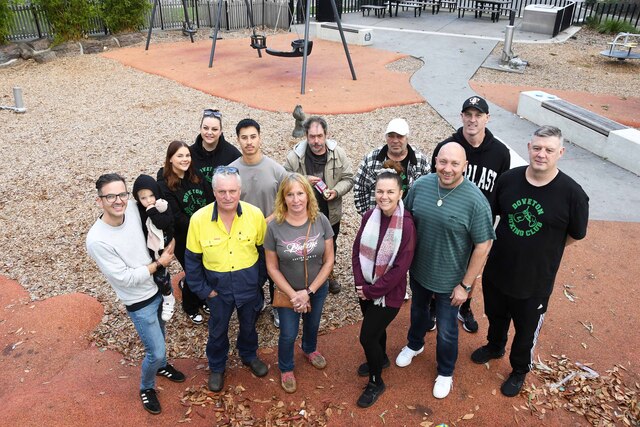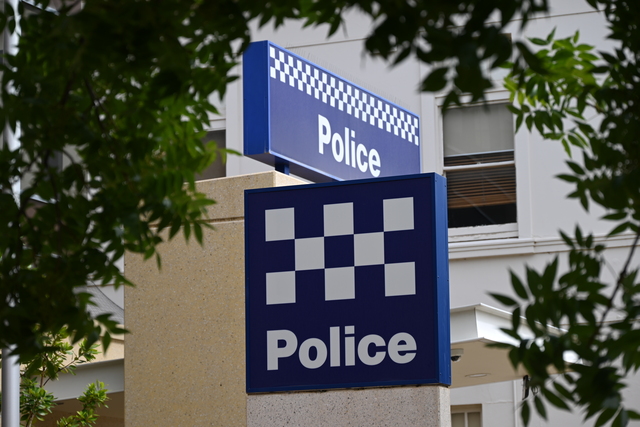Georgia Westgarth
FOR the majority of Casey residents forced to surrender their dogs and cats, it’s because of homelessness, family breakdowns and income.
New RSPCA evidence shows the majority of surrendered dogs and cats were due to a change in their owners’ circumstance, not poor health or neglect.
The City of Casey had the second highest number of animals surrendered to the RSPCA in the state, with a total of 247 cats and dogs in 2015/16.
RSPCA CEO Dr Liz Walker said the data busted the myth that rescue pets are ‘damaged goods’.
“The data shows that in most cases, animals given up for adoption are healthy, happy pets whose owners were simply unable to keep them,” Dr Walker said.
“Overall, just 9.5 per cent of owners who brought their dogs and cats to RSPCA Victoria for rehoming said that problem behaviours – such as barking, aggression, destructiveness, chasing or inappropriate toileting – were the reason.
“A further 1.2 per cent said that the animal’s health was the main reason for their surrender.”
By contrast, a human circumstance was the driving force behind more than two-thirds of the 3627 dogs and cats surrendered to RSPCA Victoria.
To break down the stats in Casey, two cats, two kittens and one dog were surrendered following the birth of a baby in the family.
And three cats and three dogs needed to be rehomed after a relationship breakdown or divorce.
“People’s lives and circumstances can change quickly, often for reasons beyond their control,” Dr Walker said.
Out of 247 surrendered cats and dogs in Casey 12 dogs and two puppies were give up because their owners said they did not have enough time to meet their pet’s exercise or social needs.
Sadly 32 cats and dogs were surrendered because their owners could not afford to feed or provide basic vet care to their animals.
And 51 Casey pets found refuge at the RSPCA because their owners became homeless, moved house or their homes were too small or their fencing was unsuited to keeping their animal.
Dr Walker said: “It’s a powerful reminder to aspiring pet owners who might dismiss the adoption option, believing rescue animals as ‘problems’, ‘broken’, or ‘secondhand’.
“In fact, nothing could be further from the truth … we are honoured that so many people come to us when they want their pets to have a second chance,” she said.
One in 10 people who dropped off animals to RSPCA Victoria declined to give a reason.


